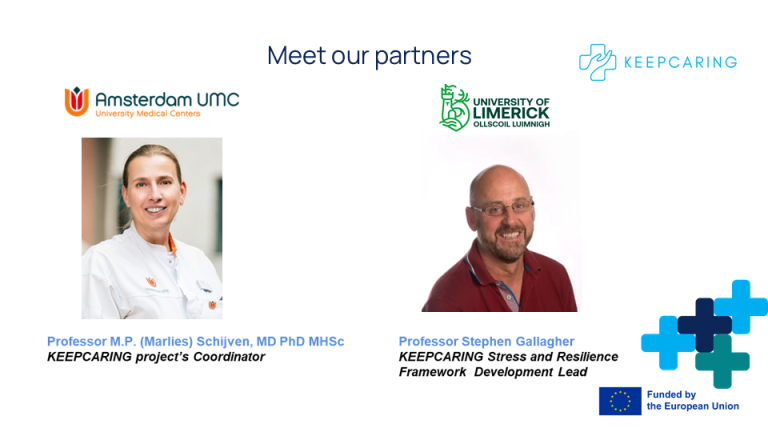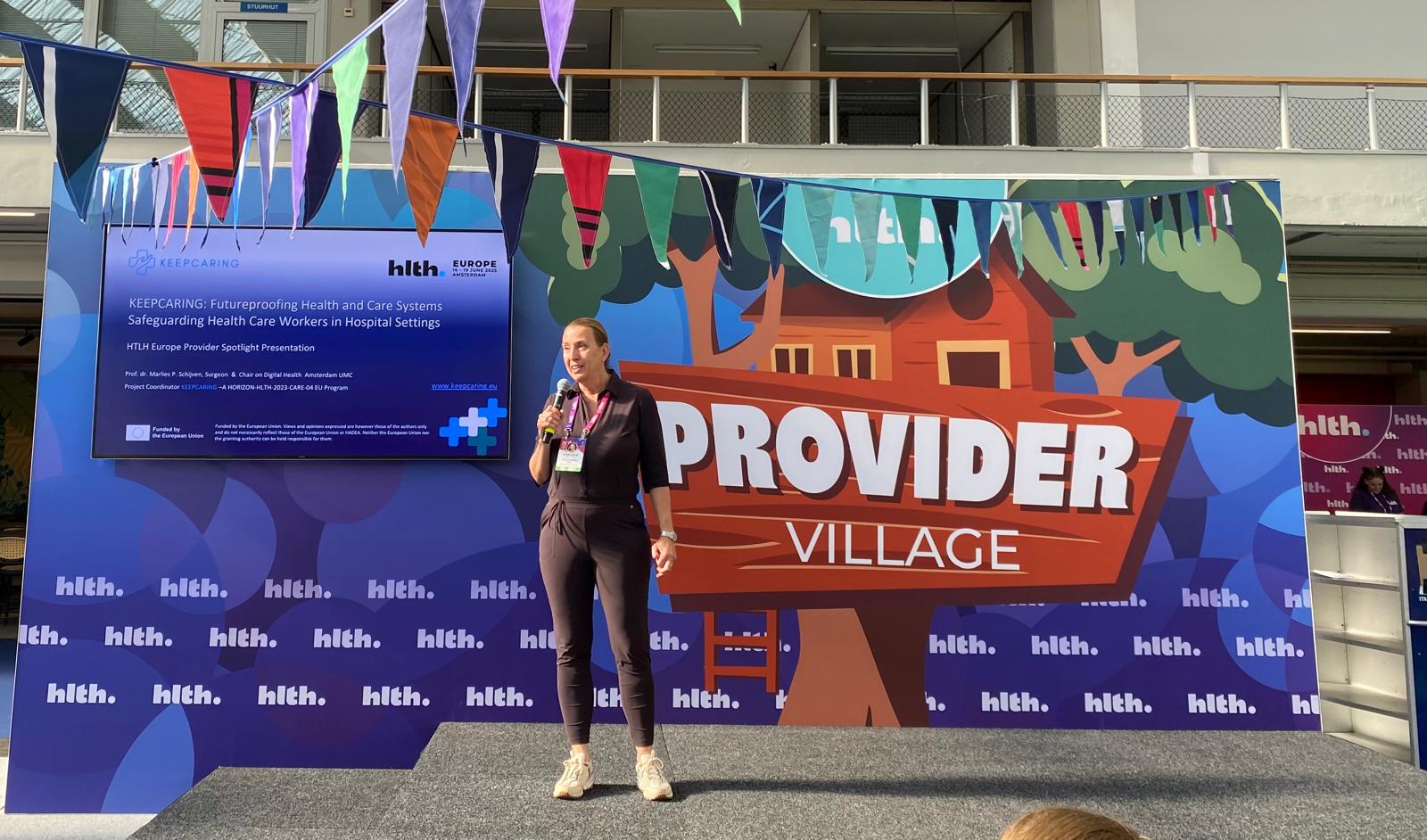A team-based approach for fostering healthcare professionals’ well-being

Authors
Arnold Bakker, Professor of Organizational Psychology, Erasmus University Rotterdam
Daantje Derks, Professor of Work and Organizational Psychology, Erasmus University Rotterdam
Luisa Solms, Postdoctoral researcher Work and Organizational Psychology, Erasmus University Rotterdam
Healthcare is a particularly stressful job, and solutions to improve the well-being of healthcare professionals are strongly needed. Often, such solutions are sought at the individual level, focusing on ways to “improve” the individual’s stress resistance or coping skills. While these interventions are helpful, their narrow focus does not always suffice to create a healthy, happy, and sustainably employable workforce.
In highly interdependent work settings like healthcare, individual-focused solutions fall short of addressing the complex realities of team-based work.
Take Susan, for example. Susan is a nurse manager working in a large hospital organization and is also a mother of two young children. Faced with high job and family demands, Susan often takes work home, which disrupts her recovery time and hinders her work-life balance. To manage these challenges, she participated in a coaching program to learn how to draw boundaries between her work and personal life. While helpful, she quickly realized that maintaining boundaries in practice can be difficult in a team-based environment. For instance, ideally, Susan would leave the hospital on time to maintain the boundaries between work and personal life. However, this decision would also mean leaving her colleagues with more work, which is not ideal in teams where everyone depends on each other.
This example illustrates that while individual interventions are valuable, they may not sufficiently address the complexities of team-based work. Instead, we propose a shift in focus towards team-level interventions—an approach central to our research within the EU-funded KEEPCARING project. We specifically examine how teams can collectively improve their well-being by engaging in proactive, team-oriented behaviors.
Our innovative approach
Our research is centered on the concept of job crafting at the team level, where team members actively shape their roles and offer support to one another. For instance, rather than expecting Susan to manage her workload alone, team members could step in on days she needs to leave early, redistributing tasks in a way that supports both her and the team’s well-being. While leaving early would mean her colleagues would take on more work, the goal of our solution is to foster a more balanced distribution of tasks within the team. Instead of creating additional pressure for any one individual, the team collectively supports each other, ensuring that the workload remains manageable for everyone. By proactively stepping in to help each other, team members can reduce stress and prevent burnout, promoting a healthier work environment.
Methodology and timeline
To explore how team-based job crafting can improve well-being, we are conducting a diary study among nurses. This study captures daily prosocial behaviors, specifically focusing on small, day-to-day acts of support between colleagues. By tracking how these behaviors impact both individual and team well-being, we aim to gain insights into how teams can work together to foster a supportive work environment collectively.
Our research team consists of researchers from Erasmus University Rotterdam, working closely with colleagues from Amsterdam UMC and the Rigshospitalet in Copenhagen, Denmark. This international collaboration is crucial for the success of the study, enabling us to gather data from multiple healthcare organizations and across different countries.
The study is currently in the preparation phase for data collection, with recruitment of nurse professionals in partner organizations set to begin soon. We aim to collect data over the summer, with plans to communicate the first findings from this study in autumn this year.
Expected outcomes
We anticipate that our research will lead to measurable improvements in well-being at both individual and team levels, setting the foundation for a scalable team-level intervention. Our ultimate goal is to foster healthier, more resilient teams within the healthcare sector, aligning with KEEPCARING’s mission to foster resilience and well-being of healthcare professionals.





